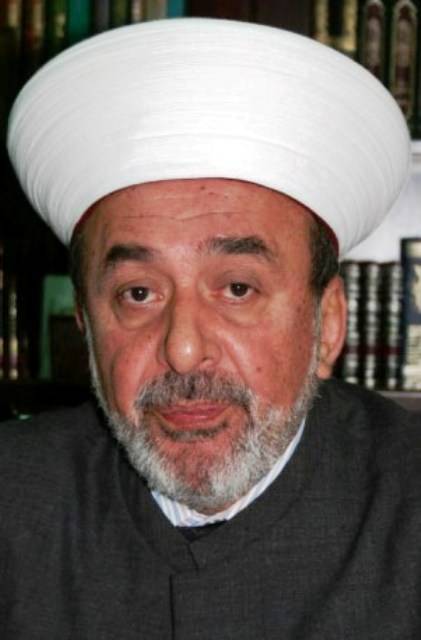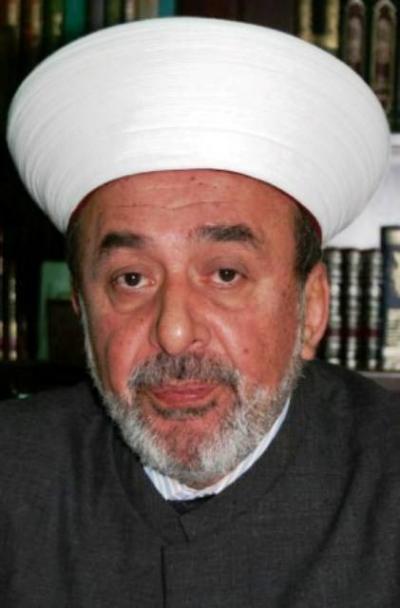The Mufti of Sidon and its districts, Sheikh Saleem Soussan, has issued a call for relief and assistance to poor and needy families in the city amid the difficult economic and living conditions and the COVID-19 pandemic.
The National News Agency reported that, during the launch of the "For Your Sake, Sidon" campaign organized by the "Sidon" platform via Zoom, Sheikh Soussan urged support for the families suffering from poverty and need due to the harsh economic and living reality exacerbated by the pandemic. The Sheikh affirmed his solidarity with the poor and needy, as well as with the popular movement and the hungry in their rightful demands for a state of justice, rights, law, and freedom, amidst the economic and living crisis, poverty, and prolonged state of emergency that has neglected the needs of people for their daily sustenance or provided adequate financial or relief assistance.
He highlighted the rising prices of goods, the falling value of the Lebanese lira, the absence of guarantees for citizens, and the greed of some traders, leading to variable prices from shop to shop without oversight. Soussan pointed out the spread of the COVID-19 pandemic, issues at the only government hospital in Sidon, and the delays in forming a national government to oversee the country's affairs, among other concerns.
The Mufti of Sidon emphasized that Lebanese citizens are living under genuine political, social, health, and economic crises, warning of the potential for a frightening social explosion. He remarked that citizens can no longer endure waiting while the constitution is interpreted to serve the interests of those in power.
He questioned who benefits from the events in Tripoli that involve the burning of public and private institutions and asked where the army and security forces are that should protect the nation and citizens. Sheikh Soussan condemned all attacks against the people of Tripoli and their institutions, stating, "Do not put security forces and the army against honorable revolutionaries; rather, place them against infiltrators and criminals." He called for their identification and prosecution.
He continued, stating that we live in a country where children can no longer find milk, patients cannot find medicine, and students cannot obtain notebooks and books, while the head of the household struggles for a meal. Unemployment has reached alarming rates, and wages have been denied to daily workers, along with other injustices. He noted that most politicians talk about corruption, waste, theft, and mismanagement in the media, questioning who is responsible for the current conditions.
The Mufti of Sidon urged all capable residents and those working outside the country, along with all humanitarian and social organizations, to extend a helping hand to every poor and needy person. He added that Sidon has contributed much of its heritage, culture, and presence, underscoring the importance of solidarity, compassion, and cooperation in these difficult days, especially at the level of families through family solidarity funds or community initiatives, even with the simplest means.
He emphasized that charitable work is a cornerstone of society and fundamentally dictated by our faith and morals, and therefore it is unacceptable for there to be hunger or deprivation among us. We must carry goodness to people, as the best of people are those who are most beneficial to others. This is reminiscent of the teachings of the Prophet Muhammad (PBUH), who said, "The believers in their mutual love, mercy, and compassion are like one body; if one part of the body suffers, the rest of the body reacts with sleeplessness and fever." He also stated, "A believer is not one who eats his fill while his neighbor is hungry beside him, and he knows it."




